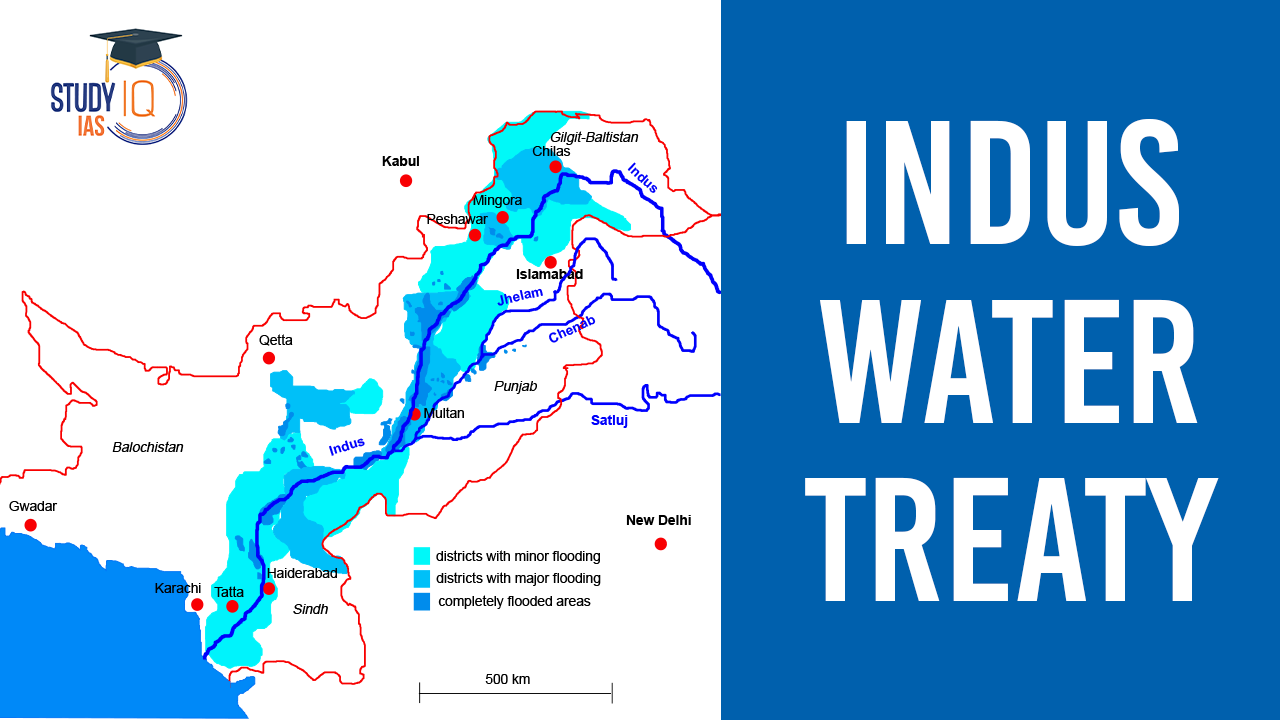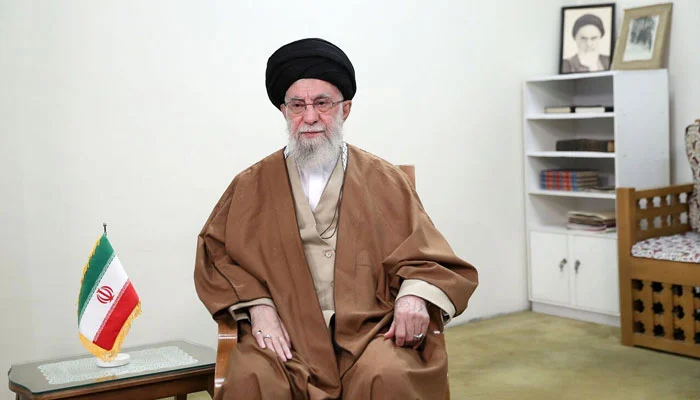Maham Naweed
Islamabad
In recent days, there have been attempts to put legal flesh on the bones of India’s
declared policy of holding the Indus Waters Treaty in “abeyance”. These initiatives have taken
the form of seemingly coordinated published pieces by Indian authors that advance a series of
contentions in support of India’s position. There is no credible basis to the positions advanced.
While India hotly asserts that Pakistan is linked to the terrorist attack in Pahalgam, it
has advanced no evidence in support of that claim. For its part, Pakistan has condemned the
attack. It has rejected any involvement. It has proposed the establishment of an international
mechanism to identify those responsible. And it has declared that the perpetrators must be
brought to justice. Pakistan is an all-too-frequent victim of terrorism. It does not perpetrate,
support or condone the targeting of innocents. It rejects unequivocally any linkage to the
Pahalgam attack.
Three arguments are advanced in support of India’s “abeyance” policy, which the
authors of the published pieces take to mean the suspension of the Treaty. The first argument,
which is not linked to India’s claim of Pakistan’s involvement in Pahalgam, is that there has
been a fundamental change of circumstances since the Treaty was signed in 1960 that permits
India to suspend the Treaty. Wrapped up in this contention is the second argument, that
Pakistan is in breach of the Treaty because it has refused to enter into negotiations to modify
the Treaty in view of the purported fundamental change of circumstances. This too has nothing
to do with any alleged involvement by Pakistan in the Pahalgam attack. The third argument,
which is linked to India’s Pahalgam claim, is that suspension of the Treaty is a lawful
countermeasure in response to Pakistan’s alleged involvement in the attack.
A striking realisation follows from these legal justifications—that India’s action is
opportunistic. Only the countermeasures justification even purports to stem from recent events.
This is the magician’s distraction, using Pahalgam to mask India’s true motivation, that it
simply wants to extricate itself from long-settled legal commitments that are a cornerstone of
its relations with Pakistan.
The legal principles invoked in support of India’s case are well settled in international
law. They rest on clear legal limbs. They have been the subject of judgments and awards of
international courts and tribunals. Amongst these is the judgment of the International Court of
Justice in the Gabčíkovo-Nagymaros Project case. India’s case fails at every turn by reference to this landmark judgment.
2
India asserts that population growth and the need for green energy caused by climate
change amount to a fundamental change of circumstances. But the changes that India asserts
were neither unforeseeable nor radically transform the obligations required of India under the
Treaty, both requirements identified by the Court in Gabčíkovo-Nagymaros. Nor are the
developments on which India’s case rests so exceptional as to warrant the overturning of the
cardinal principle of the stability of treaties, also affirmed by the Court.
Beyond this, India has failed to comply with the requirement to invoke such a claim
within a reasonable period after the asserted fundamental changes became apparent. On the
contrary, India’s resort to fundamental change of circumstances is a recent invention, in the
face of a dispute brought by Pakistan being adjudicated before a Court of Arbitration constituted under the Treaty against which India has set its face.
The argument that Pakistan is somehow in material breach of the Treaty for failing to
engage with India’s wish to renegotiate its terms is equally spurious. The Treaty contains no
suspension or termination clause. It contains no requirement to renegotiate. It conditions any
modification of its terms on the agreement of the parties. The absence of such elements was
highlighted by the Court in Gabčíkovo-Nagymaros as part of its analysis rejecting the material
breach, fundamental change of circumstances, and other arguments advanced in that case. The
same assessment applies with respect to India’s conduct.
That leaves only the countermeasures argument, which is also a fundamentally flawed
justification, on both substance and process.
The imposition of countermeasures is contingent on a procedure prescribed by law.
Countermeasures are not a mechanism of punishment. They must be proportionate to the harm
they seek to remedy. India’s case fails on every point by reference to settled principles of law
and the judgment of courts.
There is no evidence of any linkage of Pakistan to the Pahalgam attack. Pakistan
immediately rejected any involvement and proposed an independent
investigation to identify
the perpetrators and bring them to justice. India’s argument thus fails at the outset, there being
no wrong by Pakistan to which the purported countermeasures are in response.
Beyond this, India did not engage with Pakistan before taking countermeasures and
purporting to abjure the Treaty. It simply acted. And in doing so it took aim at the lifeblood of
millions of Pakistanis who rely on the waters of the Western Rivers of the Indus Basin A
3
passage in the Gabčíkovo-Nagymaros judgment might have been drafted with exactly these
circumstances in mind:
“The Court considers that [India], by unilaterally assuming control of a shared
resource, and thereby depriving [Pakistan] of its right to an equitable and reasonable share
of the natural resources of the [Indus Basin]—with the continuing effects of the diversion of
these waters on the ecology of the riparian area of the [Punjab]—failed to respect the
proportionality which is required by international law.” [¶85]
There is no basis in international law to support India’s holding the Indus Waters Treaty
in abeyance. If India was confident of its case, it would invite the scrutiny of the International
Court of Justice and propose that Pakistan accept the Court’s jurisdiction to address these matters. It has not done so. It is hiding behind a fig-leaf of legal assertion, trailed in media
releases under names of those it can disavow. It is using the tragedy of Pahalgam to pursue by
stealth an agenda of political disavowal of its legal obligations. The world should see India’s
conduct for what it is.




